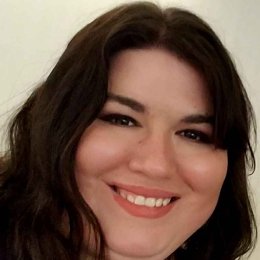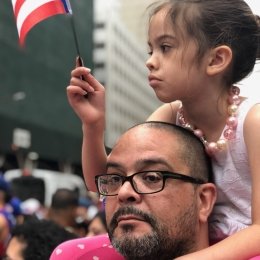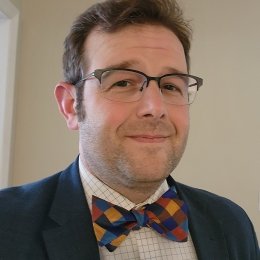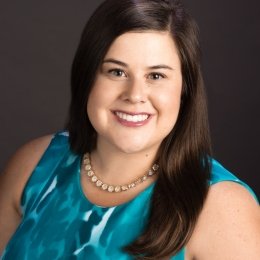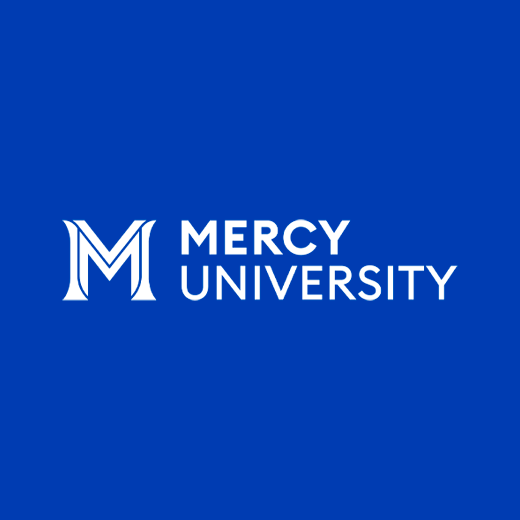
History
- 120 Credits
- School of Liberal Arts
- Westchester

History Overview
"No man can know where he is going unless he knows exactly where he has been and exactly how he arrived at his present place."
- Maya Angelou
Perhaps you recall the history lessons from your high school days as the tedious memorization of dusty names and dates. In fact, the study of history treats the past as a living thing that continuously shapes contemporary politics, society, and culture. History courses at Mercy University span the local to the global and from the ancient to the modern world. Through these courses, our students learn to weigh the merits of various primary and secondary sources, synthesize vast amount of information, draw informed conclusions, and communicate their ideas effectively across a variety of mediums. This skillset prepares students for rewarding careers in the fields of education, law, business, culture, and nonprofit work. It also transforms students into engaged global citizens and conscientious historical actors in their own right.
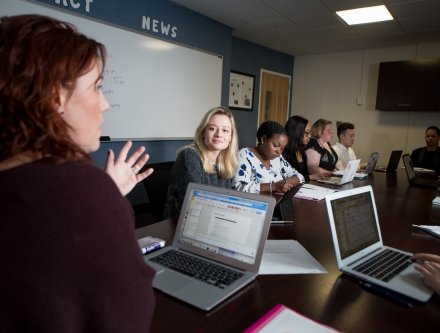
Career Opportunities
In addition to the content of history, students are taught to read, write, speak, and think with increased imagination, sophistication, and precision. The History major also provides special training in research and analysis, opening up opportunities in business, law, paralegal work, educational administration, and teaching at the primary, secondary, or college levels.
Want More Info?
We'd like to hear from you! Get more information.

Five year B.S./M.S. Teacher Education Program
Interested in becoming a teacher? Take a look at our B.S./M.S. Dual Degree Program which allows students interested in the teaching profession to earn both a bachelor's and master's degree at an accelerated pace.
If you are interested in becoming a History teacher, you are already part way there. Students who major as undergraduates in History may receive certification in Secondary Education, Childhood Education or Early Childhood Education.
Frequently Asked Questions
Full-time students can complete the 120-credit degree program in four years.
Yes, faculty are always ready to help students with questions about what courses to take, the sequencing of courses, and career opportunities, including internships and cooperative education.
Yes. Many of our major courses are taught online on a rotating basis.
Program Details & Curriculum
General Liberal Arts and Sciences
General Education Requirements: 60 Credits
Major Concentration
History: 39 Credits
Open Electives: 21 Credits
Total: 120 Credits
Students who choose to minor in the history concentration must complete:
Students must take 4 courses at the 200 level and above slotted under the five fields of study: United States, Europe, Asia, Atlantic World and Ideas, Theories and Practices.
In addition, History Minors are required to take HIST 220: "Method in the Madness" : An Introduction to Historical Research, a course focused upon historical methodology. This requires successful completion of ENGL 111. History minors are not required to take HIST 320 or HIST 495.
History majors planning on pursuing a career in teaching Social Studies at the Middle Childhood and/or Adolescence Education level may apply to the Four-Plus-One Program, offered jointly by the School of Education and the School of Liberal Arts. The program is designed to allow majors to begin their Graduate Education coursework during their upper junior year. These courses will be counted jointly toward their undergraduate and graduate degrees. For specific program eligibility and requirements, please refer to the School of Education of this catalog.
By the end of this program, students should be able to:
- Identify and differentiate between primary and secondary sources.
- Evaluate primary and secondary sources through an array of writing and oral assignments (reading responses, critical book reviews, class participation, online discussion boards, and research).
- Cite and document sources properly and makes use of adequate sources, and uses conventions of writing as detailed by Chicago Manual of Style.
- Create and execute a research paper applying sound historical methodology.
Recognize and implement coherent arguments in written form.
Download a copy of the sequence map for:
ARCHIVE
- 2024 - 2025 B.A. History
- 2023 - 2024 B.A. History
- 2022 - 2023 B.A. History
- 2021 - 2022 B.A. History
2020 - 2021 B.A. History
Full-Time Faculty
Robert Murray
- Maher Hall Room 207
- rmurray4@mercy.edu
- (914) 674-7879
Caitlin Wiesner
- Maher Hall Room 205
- cwiesner@mercy.edu
- (914) 888-5134




